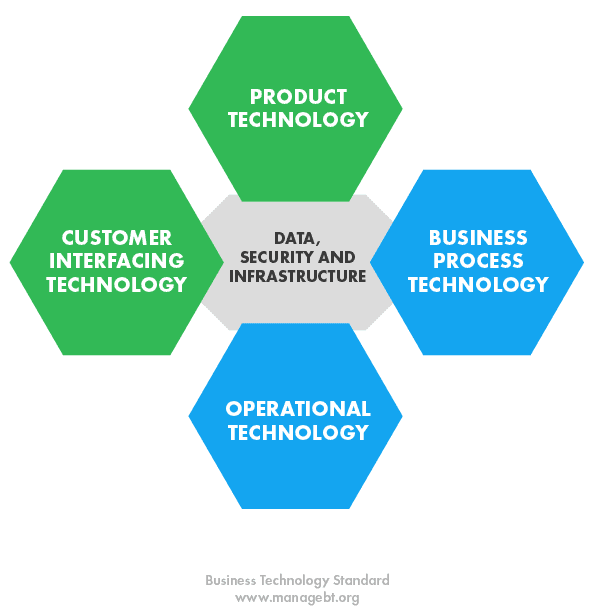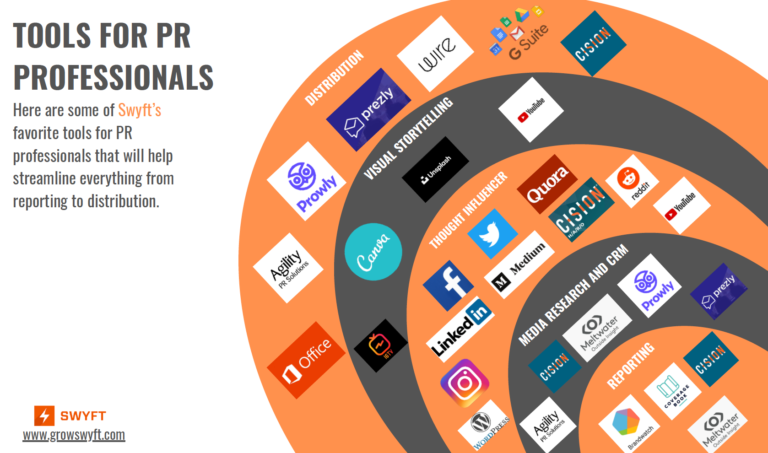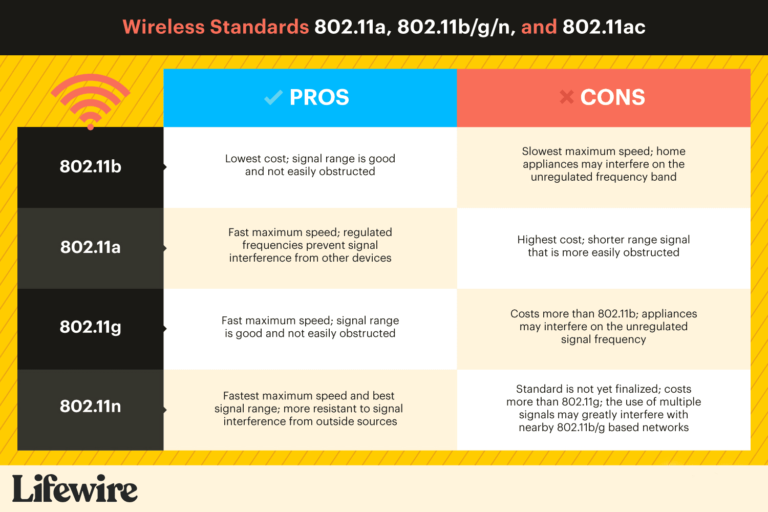What Is The Definition Of Business Technology?
Business technology is the use of technology to support and enable business operations, management, and decision-making. This includes the use of hardware, software, networks, and services to manage, store, process, and analyze data, and to create, communicate, and share information. Business technology is used in a variety of industries to improve productivity and efficiency, and to increase customer satisfaction. Examples of business technology include customer relationship management (CRM) systems, enterprise resource planning (ERP) systems, and enterprise content management (ECM) systems.
What is Business Technology?
Business technology, or BizTech, is an overarching term used to describe the use of technology to help businesses achieve their goals. It includes the use of digital tools, such as software, websites, and other resources to improve the efficiency and effectiveness of business operations. BizTech solutions streamline processes, improve communication, and create new opportunities for business growth.
Business technology encompasses a wide range of applications, from enterprise-level systems to mobile applications. These solutions can be used to automate processes, create new revenue streams, and provide data-driven insights. Businesses can leverage technology to create a competitive advantage and improve their overall performance.
In today’s digital landscape, businesses must use technology to stay competitive. Businesses that embrace BizTech solutions and use them to their advantage can gain an edge in the marketplace. With the right technology, businesses can optimize their operations, increase customer engagement, and find new ways to grow.
Types of Business Technology Solutions
Business technology, also known as Information Technology, is an ever-evolving field that is essential for any successful business. It encompasses a wide range of technologies, including hardware, software, networking, and data storage solutions. Business technology solutions are designed to help organizations operate more effectively and efficiently. They can range from basic computer hardware and software to sophisticated cloud-based solutions. They help companies streamline processes, automate tasks, improve customer experience, and increase productivity.
Cloud computing is one of the most popular and widely used business technology solutions. It enables companies to store and access data remotely in the cloud, allowing them to access the data from anywhere in the world. This makes it easier for businesses to share and collaborate on files. Cloud computing also provides more scalability and flexibility for businesses to grow and change.
Data analytics is another type of business technology solution. It enables businesses to analyze data quickly and efficiently, providing insights into customer behavior, market trends, and operational performance. Data analytics can be used to identify potential opportunities, improve customer service, and optimize processes.
Artificial intelligence is also becoming an increasingly popular business technology solution. AI can take on complex tasks and can provide businesses with valuable insights, enabling them to make better decisions and improve customer service. AI can also help businesses automate processes and streamline operations, helping them to save time and money.
Business technology solutions are essential for any modern business. They can help businesses save time, improve efficiency, and increase customer satisfaction. By taking advantage of the right solutions, businesses can stay ahead of the competition and ensure long-term success.
Benefits of Business Technology
Business technology is a broad concept encompassing the use of electronic devices, hardware, software, networks, and processes to aid and improve the efficiency and effectiveness of business operations. It is used to better connect businesses and customers, optimize processes, automate operations, and improve customer experience. Business technology enables businesses to be more agile, efficient, and cost-effective.
Business technology enhances collaboration, communication, and data integrity within and outside the organization. It can help businesses gain a competitive edge by making them more agile, efficient, and cost-effective. Business technology solutions are used to automate processes, streamline operations, and improve customer experience. By leveraging technology, businesses can integrate all their departments, enhancing collaboration and communication.
Business technology helps businesses create and maintain their competitive edge. By leveraging technology, companies can improve their customer service, increase operational efficiency, and reduce costs. With business technology, businesses have access to real-time data and analytics that give them insights into customer behavior and preferences so they can better serve their customers. Business technology also helps businesses create better products and services, providing customers with better value for their money.
Business technology is an essential tool for businesses of all sizes. It can help them become more efficient, cost-effective, and competitive in the market. By leveraging technology, businesses can optimize processes, automate operations, and improve customer experience. With the right technology solutions, businesses can gain a competitive edge and stay ahead of the competition.

Challenges of Business Technology
Business technology is an ever-changing landscape of tools, systems, and processes used to run a business. It includes everything from hardware, software, and networking equipment to data storage, analytics, and automation. As technology advances, businesses must stay ahead of the curve to keep their operations running smoothly and efficiently.
However, there are many challenges associated with managing business technology. Companies must invest in the right tools, systems, and processes to ensure their operations remain competitive and efficient. Additionally, they must devote resources to ongoing training and maintenance to ensure their technology remains up to date.
In addition, businesses must also contend with the cost of acquiring and maintaining new technology. Investing in the most advanced technology can be expensive, and companies must weigh the cost-benefit analysis of their investments.
Finally, businesses must also be aware of the potential for security risks. As technology advances, so does the potential for cyber-attacks and data breaches. Businesses must take steps to protect their systems and data, such as implementing multi-factor authentication and encryption.
Business technology is a critical component of any successful business. Companies must continually invest in the right tools and processes to stay ahead of the competition. However, they must also be mindful of the associated challenges and be prepared to address them accordingly.
The Impact of Business Technology on Businesses
Business technology is an integral part of any business, regardless of size or industry. It encompasses the hardware, software, and infrastructure that businesses use to manage operations and support customer service. Business technology can make or break a company, as it helps them run their operations more efficiently, increase customer engagement, and maximize profits. Businesses must stay up to date with the latest technology trends and choose the right solutions for their needs.
Technology has revolutionized how businesses operate, and the impact of business technology has been felt in nearly every industry. For example, cloud computing has made it easier for businesses to store and access data, while artificial intelligence has empowered businesses to automate processes and make better decisions. The use of mobile technology has enabled businesses to engage with customers more effectively, while social media has allowed them to create a strong online presence and reach a wider audience.
The use of business technology has also had a positive effect on businesses’ bottom lines. Automation has helped businesses reduce their labor costs and streamline their operations. It has also enabled businesses to provide a better customer experience, which has resulted in increased customer loyalty and improved sales.
In conclusion, the impact of business technology on businesses is undeniable. It has allowed businesses to become more efficient, increase customer engagement, and maximize profits. Businesses must stay up to date with the latest technology trends and choose the right solutions for their needs in order to take full advantage of business technology.
Future Trends in Business Technology
Business technology is an ever-evolving field that is constantly advancing and improving. To stay ahead of the competition, it is important to keep up with the latest trends in business technology. From artificial intelligence to virtual reality, technology has come a long way in terms of how it is being used in businesses. Companies are using these tools and techniques to increase efficiency, automate processes, and improve customer service.
AI and machine learning are quickly becoming the go-to technology for businesses. AI-powered chatbots are being used to provide customer service, while machine learning algorithms are being used to find patterns in data and make predictions. Big data and predictive analytics are also being used to improve decision-making processes.
Augmented reality and virtual reality are becoming increasingly popular in business settings, allowing for more immersive experiences and improved customer service. Companies are also using drones and robotics to automate processes and improve efficiency.
Cloud computing is also becoming more popular among businesses. Cloud computing enables businesses to access data and applications from anywhere, anytime, increasing efficiency and scalability.
Businesses are also making use of social media to reach more customers and build brand awareness. Social media platforms such as Facebook, Twitter, and Instagram are being used to create campaigns, engage with customers, and increase sales.
These are just a few of the many trends in business technology. It is important to stay up to date on the latest trends so that businesses can remain competitive and capitalize on the opportunities they provide.
FAQs About the What Is The Definition Of Business Technology?
Q1: What is the definition of business technology?
A1: Business technology is the use of technology to improve the efficiency, effectiveness, and profitability of a business. This includes the use of hardware, software, networks, and services.
Q2: How can businesses use technology to their advantage?
A2: Businesses can use technology to streamline processes, automate tasks, increase productivity, improve customer service, and expand their reach. Technology can also be used to create new products and services, and develop new markets.
Q3: What are the benefits of using technology in business?
A3: The benefits of using technology in business include increased efficiency, cost savings, improved customer service, faster decision making, improved communication, and increased market reach. Technology can also be used to create competitive advantages and help companies stay ahead of the competition.
Conclusion
The definition of business technology is the application of technology to solve business problems. It is the process of using technology to improve efficiency, increase productivity, and grow revenues. Business technology is an important part of any successful business and it is essential for organizations to have a clear understanding of the technology available and how they can be used to their benefit.


